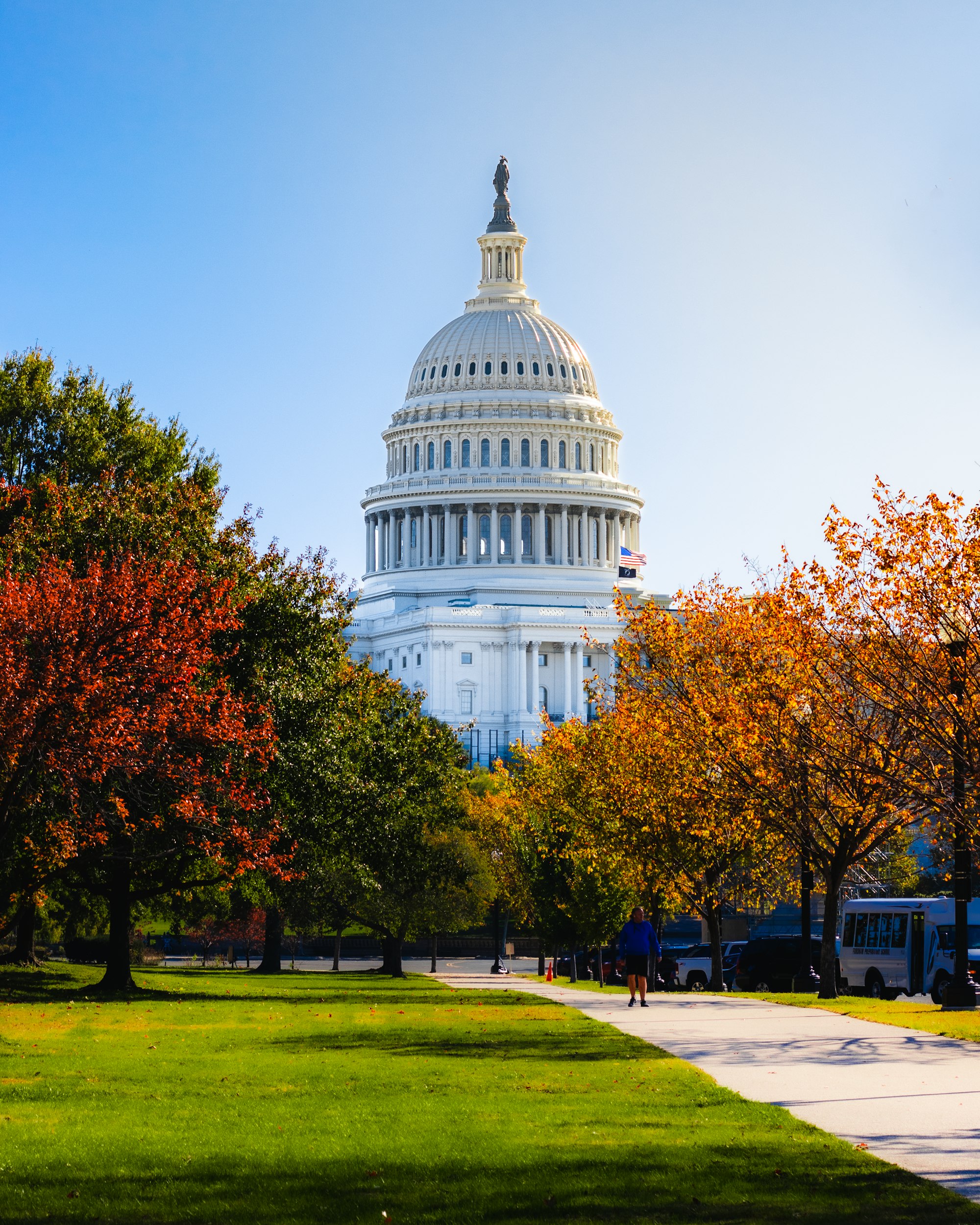What Are the US-Taiwan Relationships and Where is Taiwan?
Curious about the US-Taiwan relationships and where Taiwan is located? Learn here all you need to know, from diplomatic relations to its location on the world map!

Curious about the US-Taiwan relationships and where Taiwan is located? Learn here all you need to know, from diplomatic relations to its location on the world map!
Taiwan is a vibrant island-nation located off the coast of mainland China, yet it has had an independent government since 1949 and enjoys unofficial diplomatic relations with the United States. Despite this, there remains much confusion and curiosity surrounding the status of Taiwan in the world and its complex relationship with the US.
Overview of US-Taiwan Relations.
Even though the US does not recognize Taiwan as a sovereign nation, both countries have maintained strong ties due to Taiwanese citizens’ strong support for US policies and values. The US provides a limited degree of formal diplomatic recognition to Taiwan through consular arrangements, including an American Institute in Taiwan office. These strong ties are further reinforced through trade and cultural exchanges, likely contributing towards the reason why 84% of Taiwanese people have a positive view of the US according to Gallup polls.
Taiwan, officially the Republic of China (ROC), is an island nation located off the southeastern coast of mainland China. It is one of several decades-long rival claimants to the title of “China”, with the People's Republic of China (PRC) being the other primary claimant. Although Taiwan has no formal diplomatic ties with many countries around the world due to Chinese pressure, Taiwan maintains strong unofficial relations with some countries, most notably the United States.
Photo by Nhat Nguyen Hoang / Unsplash
The United States’ relationship with Taiwan is based on the 1979 Taiwan Relations Act. This act authorizes Washington to supply arms and military resources to Taipei, and states that “peace and stability in the area are matters of international concern.” In addition, the US holds regular military drills with Taiwan annually and provides support for ROC infrastructure modernization projects. These activities extend beyond military cooperation as well; the two countries are strong economic partners, engaging in a substantive amount of trade between them. The US also recognizes Taipei’s de facto independence from Beijing and claims to oppose any unilateral action seeking to alter the status quo in the region.
The US and Taiwan have maintained a strong relationship for decades, fortified by shared values and close economic ties. As the largest foreign investor in Taiwan, the US has been instrumental in promoting and protecting Taipei’s interests globally, including securing World Health Organization membership and other diplomatic recognitions. In addition, Washington and Taipei regularly cooperate on projects such as infrastructure development and cybersecurity. This close partnership is reflected in many of their joint military exercises and defense exchanges, which demonstrate a shared commitment to safeguarding the peace of East Asia.
Photo by Jacob Morrison / Unsplash
Status of Taiwan's Diplomatic Recognition.
Despite the strong ties between the US and Taiwan, the Taiwanese state itself is still only diplomatically recognized by 15 United Nations member states. Though this number may appear limited at first, these countries represent some of Taiwan’s major diplomatic allies and strongest supporters. Additionally, it is also important to note that many of these nations are part of global powers such as the European Union, Japan, South Korea, and Australia.
Of these 15 countries that recognize the Taiwanese state, there are also multiple other countries that have strong political and economic ties to Taiwan, but do not officially recognize it as an independent partner. This is a direct result of Chinese pressure on other nations as they attempt to control Taiwan's international standing. However, despite these diplomatic efforts by China, Taiwan has managed to maintain its close relationship with the US. The United State’s implicit support for Taiwanese autonomy has long been a contentious issue in its relations with China, but this tension has done little to diminish the strong bilateral ties between Washington and Taipei.
Photo by Jack Brind / Unsplash
Despite Taiwan's lack of official diplomatic recognition, the island nation is a major contributor to the global economy. Taiwan is one of the world's leading trading partners, a significant exporter of agricultural products and manufactured goods, and an important source of foreign investment. In addition, Taiwan has managed to maintain close ties with Western nations, particularly the United States, while still attempting to improve its relations with mainland China. The US provides strong economic and political support for Taiwan as part of its security strategy in Asia. Washington strives to ensure that Taiwan can remain independent should it face pressure or aggression from Beijing. It also seeks to promote meaningful dialogue between China and Taiwan in hopes that these two countries might eventually reach some sort of peaceful resolution.
History of US-Taiwan Relationship.
The US-Taiwan relationship has a long and complicated history, consisting of more than seven decades of diplomatic ties. The two countries have developed strong bilateral relationships in many areas such as defense and trade, both of which were founded on Taiwan’s dedication to democracy and the shared commitment to freedom, human rights, and the rule of law.
The US officially recognizes the People's Republic of China (PRC) as the sole representative for all of China, and does not recognize Taiwan as a separate state, despite the country having its own democratically elected government. Even so, Washington has robustly followed the policy of ‘strategic ambiguity’ towards Taiwan, having developed and maintained unofficial ties with Taipei while recognizing certain aspects of Beijing's sovereignty. These unofficial ties have included – among other things – U.S. arms sales to help in Taiwan’s self-defense and even new bills that protect Taiwanese security and autonomy interests, such as the TAIPEI Act which was passed in 2019.
Despite their limited relationship, both Taiwan and United States have built a strong foundation for cooperation over the years. For instance, the US and Taipei continue to work together on issues related to trade, culture, public health, security and the environment. The US also considers Taiwan a key asset in helping counter-balance Chinese expansion in the South China Sea. Whenever China imposes restrictions on Taiwan's sovereignty or threatens it in any way, Washington is quick to express its strong support for Taipei's freedom, autonomy and democracy. This broad level of informal cooperation bode well for future relations between Taiwan and US and serve as an example of successful international diplomacy.
Security and Defense Partnership Between the United States and Taiwan.
The United States provides Taiwan with assistance in the form of military hardware and training to assist in its self-defense capabilities. The two countries have supported each other in a number of international forums and maintain strong ties on defense issues. The US government often expresses its commitment to help maintain peace and security in the region, including through its annual arms sales to Taiwan.
Taiwan is a self-ruled island of 23 million people located off the coast of mainland China. Relations between Taiwan and the United States are close, despite the official diplomatic position where the US recognizes only the ‘One China’ policy. The 1979 Taiwan Relations Act served as one of several legislative frameworks established to ensure peace in the area. It outlines America's commitment to helping maintain peace and security with Taiwan, including support for arms sales to Taipei. In 2020 both countries agreed to sign a defense initiative that allows for regular exchange of views on regional and global issues concerning stability, maritime security, cyber security among others. The agreement seeks to enhance cooperation between US and Taiwan to take on security challenges together.
Photo by Chris Liverani / Unsplash
More On Partnership
The United States and Taiwan have a long-standing security and defense partnership. This partnership is based on the Sino-American Mutual Defense Treaty (SAMDT), which was signed in 1955 and remained in effect until 1980. The SAMDT was replaced by the Taiwan Relations Act, which requires the United States to provide Taiwan with military assistance to defend itself against aggression from China.
The United States has sought to enhance Taiwan's military capabilities through substantial arms sales and ongoing contacts between the two defense establishments. In addition, the U.S. has provided diplomatic support for Taiwan, such as renaming the “Taipei Economic and Cultural Representative Office” to “Taiwan Representative Office” in 2021.
The U.S.-Taiwan security partnership is an important part of maintaining peace and stability in the Western Pacific region. The 2022 Taiwan Policy Act seeks to strengthen this partnership by providing additional military assistance and diplomatic support for Taiwan.
- “The United States Security Partnership with Taiwan” | Brookings https://www.brookings.edu/wp-content/uploads/2016/11/fp_20160713_taiwan_alliance.pdf
- U.S. Relations With Taiwan - United States Department of State
https://www.state.gov/u-s-relations-with-taiwan- Official Says U.S. Committed to Taiwan's Defense
https://www.defense.gov/News/News-Stories/Article/Article/3221243/official-says-us-committed-to-taiwans-defense- Sino-American Mutual Defense Treaty - Wikipedia
https://en.wikipedia.org/wiki/Sino-American_Mutual_Defense_Treaty- The Taiwan Policy Act and the Future of U.S.-Taiwan Relations
https://www.stimson.org/2022/the-taiwan-policy-act-and-the-future-of-u-s-taiwan-relations
Location: Where is Taiwan Located?
Taiwan is located in East Asia, just off the southeastern coast of mainland China across the Taiwan Strait. With a total land area of only 36,000 km2, it is the third largest island in East Asia and is part of an archipelago made up of several smaller islands and two main islands - Taiwan proper and Quemoy (or Kinmen). It is often referred to as “Ilha Formosa” or “Beautiful Island” due to its lush tropical landscape.
US arms sales to Taiwan
The United States has approved a $1.1 billion arms sale to Taiwan, which includes 60 Harpoon anti-ship missiles and 100 Sidewinder tactical air missiles. This is part of a larger package that includes logistics support for Taiwan's Surveillance Radar Program.
The US has been selling weapons to Taiwan since 2001, when it approved an $18 million sale of 8 diesel-electric submarines. Since 2017, the US has approved more than $20 billion in weapons sales to Taiwan as China has increased military pressure on the island nation.
Recently, the US proposed selling Taiwan as many as 100 of its most advanced Patriot air-defense missiles along with radar and support equipment in a deal worth up to $2.37 billion.
- US approves $1.1 billion Taiwan arms sale - Defense News
https://www.defensenews.com/pentagon/2022/09/06/us-approves-11-billion-taiwan-arms-sale/
Related
- Pelosi’s visit showed true courage https://www.taipeitimes.com/News/editorials/archives/2022/08/10/2003783265
- Swiss lawmakers visit Taiwan, say they want closer ties
https://news.yahoo.com/swiss-lawmakers-visit-taiwan-want-064629376.html








